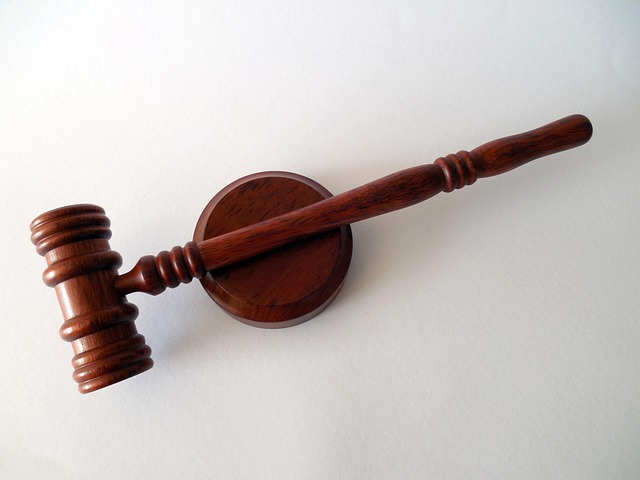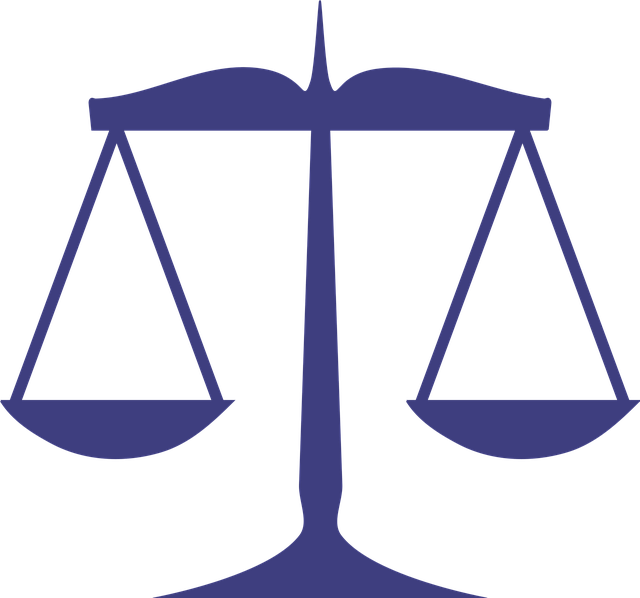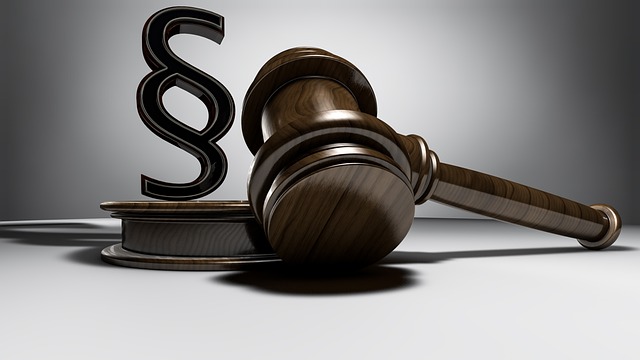Before dissolving a business partnership, review legal commitments, consult specialists, maintain open communication, ensure fair asset distribution, and follow steps for amicable termination to preserve relationships and avoid legal complications.
Navigating the steps to dissolve a business partnership amicably requires a strategic approach, focusing on regulatory compliance issues. This process involves understanding legal obligations before dissolution, fostering open communication, ensuring fair asset distribution, and maintaining professional relationships post-partnership. By following these key steps, entrepreneurs can mitigate potential pitfalls, uphold ethical practices, and preserve valuable connections. Remember that a well-planned dissolution is crucial for both personal and professional success.
- Understanding Legal Obligations Before Dissolution
- Communicating Openly: A Foundation for Amicability
- Fair Distribution of Assets: Ensuring Equity
- Post-Partnership: Maintaining Professional Relationships
Understanding Legal Obligations Before Dissolution

Before embarking on the steps to dissolve a business partnership amicably, it’s crucial to understand the legal obligations that come into play. This involves delving into the terms of the original partnership agreement and any applicable laws or regulations. Every business partnership is unique, so consulting with a general criminal defense attorney can help navigate these complexities. Understanding these obligations is key to ensuring a smooth transition and avoiding potential legal pitfalls, especially across the country where business practices vary significantly.
By taking these steps, partners can foster a harmonious dissolution process. This includes openly communicating about financial matters, inventory, assets, and liabilities. Amicable dissolution not only saves time and money but also helps maintain professional relationships, which could prove beneficial in future entrepreneurial endeavors. Remember that, in light of the above, avoiding indictment or legal complications is possible through proactive and transparent measures during partnership termination.
Communicating Openly: A Foundation for Amicability

Open communication is a cornerstone when it comes to smoothly dissolving a business partnership. By maintaining transparency and having honest conversations, potential conflicts can be resolved amicably, fostering a cooperative atmosphere. This approach not only saves time and resources but also helps in preserving professional relationships, which might be valuable for future endeavors.
When considering the steps to dissolve a business partnership, it’s crucial to initiate open dialogue. Discussing issues directly allows for better understanding of each other’s perspectives, enabling collaborative problem-solving. This process can lead to mutually beneficial outcomes, ensuring that both parties achieve extraordinary results while avoiding potential legal complications that might arise from a contentious breakup, including general criminal defense concerns or, worse, an indictment.
Fair Distribution of Assets: Ensuring Equity

In any business partnership, ensuring fair distribution of assets is paramount to maintaining equity among all parties involved. When considering the steps to dissolve a business partnership amicably, it’s crucial to address this issue head-on. A transparent and just division of assets not only fosters goodwill between former partners but also mitigates risks of legal disputes, particularly in the realm of white collar defense.
By taking proactive measures, such as consulting with legal professionals who boast an unprecedented track record in handling complex business dissolution cases, partners can navigate this transition smoothly. This process involves a meticulous review of partnership agreements, identifying and valuing assets, and ensuring that each partner receives their rightful share. A well-planned and executed asset distribution strategy is key to avoiding indictment and preserving the integrity of the former business venture.
Post-Partnership: Maintaining Professional Relationships

When a business partnership comes to an end, whether through mutual agreement or dispute, maintaining professional relationships is crucial for future opportunities and a winning challenging defense verdicts across the country. The steps to dissolve a business partnership amicably include open communication, clear documentation, and adhering to legal requirements.
Engaging in transparent conversations ensures all parties understand the reasons behind the split and fosters a respectful atmosphere. Drafting thorough dissolution agreements that outline the division of assets, liabilities, and intellectual property rights helps avoid future conflicts and protects the respective business interests. This process allows for a graceful exit, preserving the relationships and setting the stage for successful future collaborations.
When considering the steps to dissolve a business partnership amicably, it’s clear that proactive communication, understanding legal obligations, and equitable asset distribution are key. By navigating these aspects carefully, former partners can maintain professional relationships and preserve the tapestry of their joint efforts. Remember that regulatory compliance issues should never be overlooked—they’re crucial for a smooth transition. In light of the above, taking these steps ensures a harmonious parting and paves the way for future opportunities.






